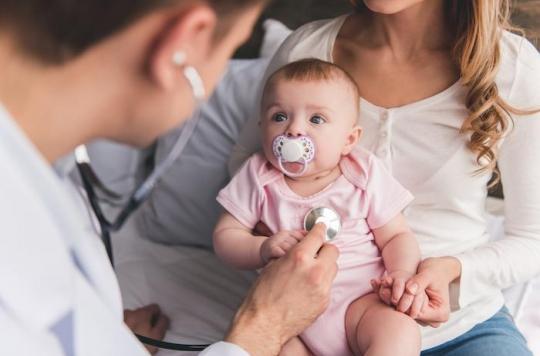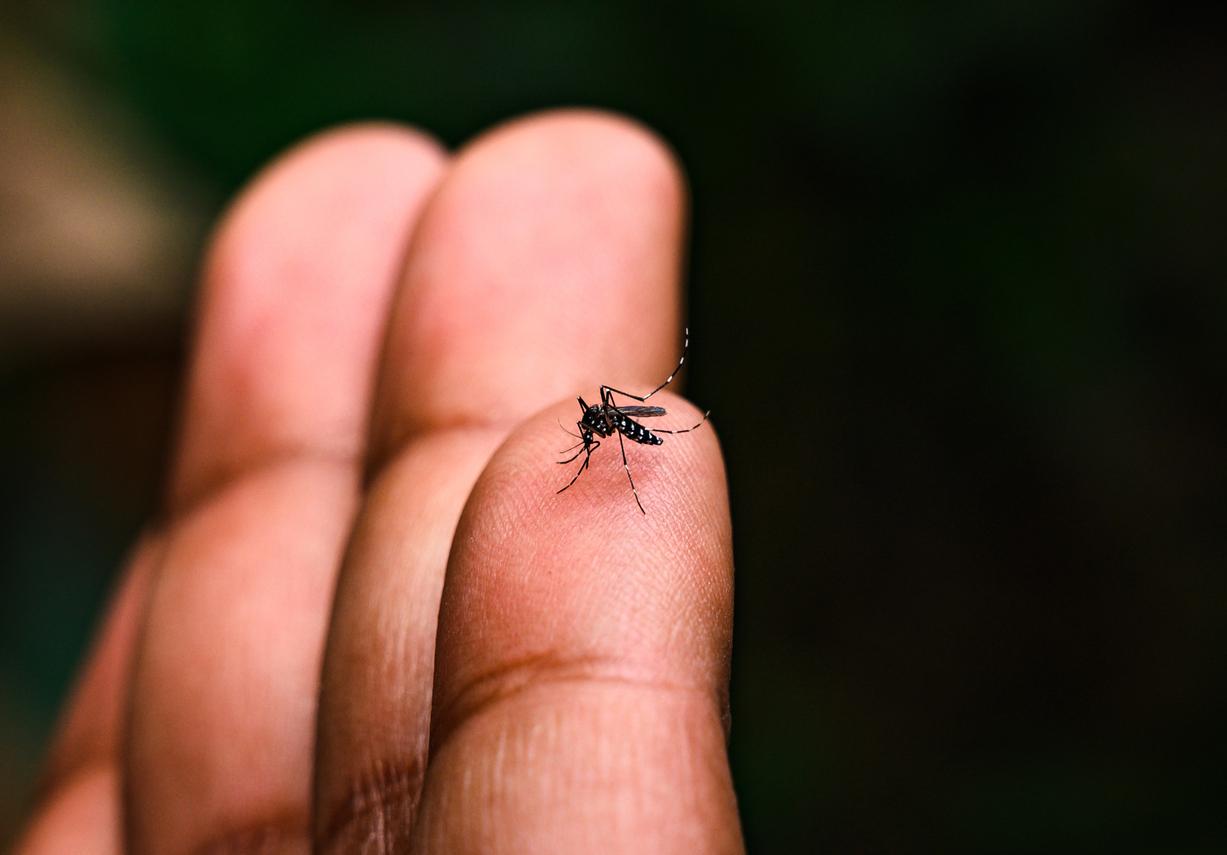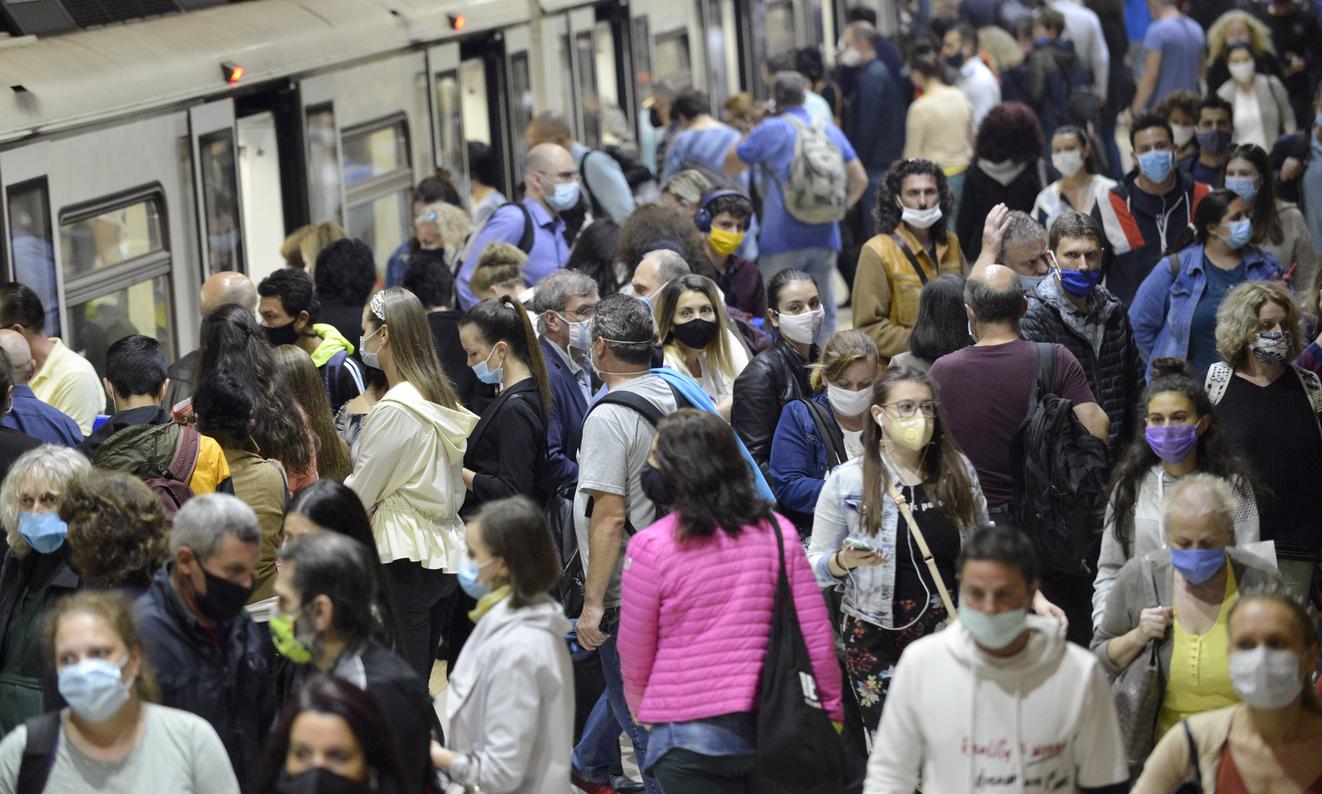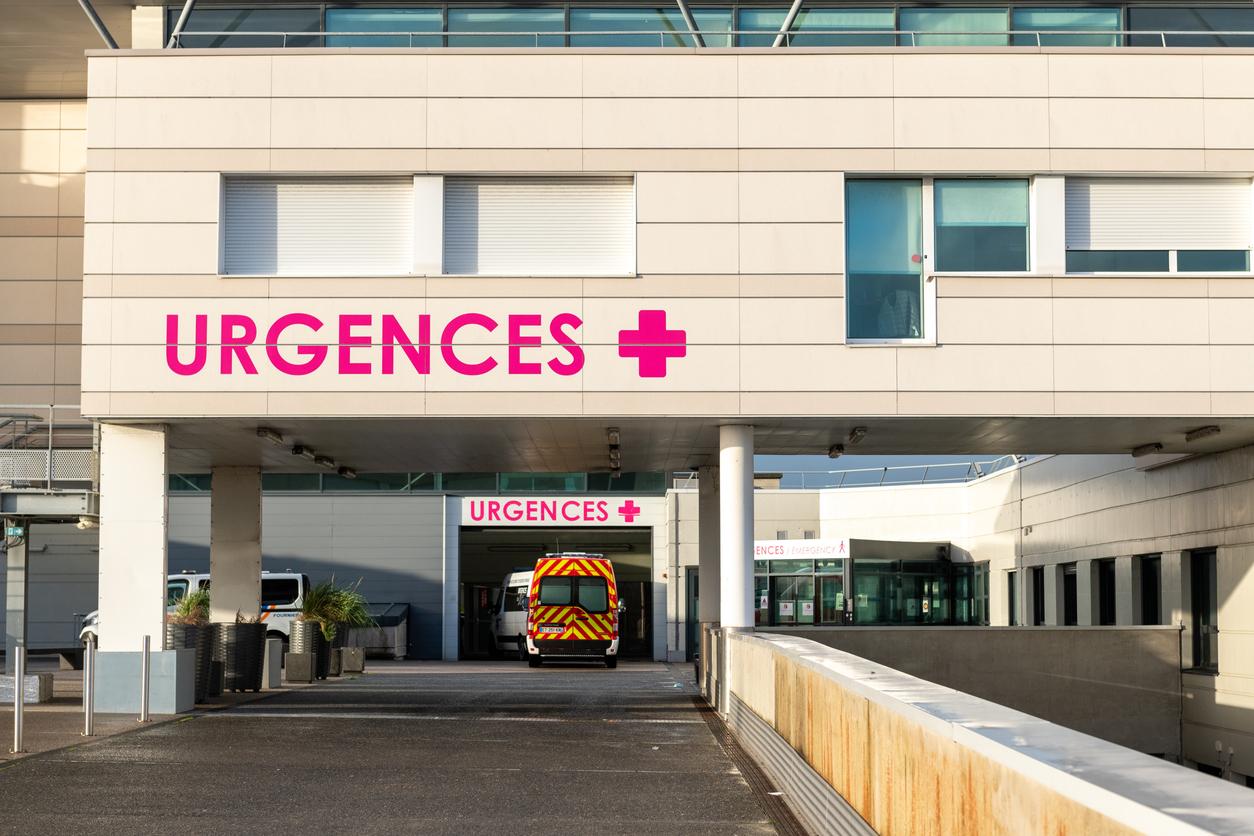In Toulouse, pediatric emergencies are saturated because of the epidemic of infant bronchiolitis which is raging in 7 regions of the metropolis, as well as in Guadeloupe and Martinique. Here are tips, recommendations and what to recognize the first signs of the disease.

Every year between October and January, bronchiolitis attacks the small respiratory bronchi by almost a third children under 2 years old, or almost 400,000 babies in total.
In Toulouse, the pediatric emergencies of the Purpan hospital have been saturated for several days, forcing some parents to wait for hours before being able to have their baby examined. “The daily attendance of pediatric emergencies is 200 to 220 patients against 140 to 150 usually, indicates the spokesperson for the establishment. They record a 10% increase in the number of children welcomed compared to December 2017. This year, the particularity is the reception of many children under one month”.
Preventive recommendations from the Toulouse University Hospital
In order to avoid the saturation of emergencies, the Toulouse University Hospital has published a preventive list of “good practices to limit the spread of these viruses”. It is thus recommended that adults not visit a baby in the event of a viral infection (nasopharyngitis, cough, etc.), not to smoke near a child, to wash their hands frequently and to cough into their elbow rather than in his hand. Regarding newborns and babies, parents should avoid exposing them to public places or near sick people and finally, make them drink plenty of water in case of fever.
The CHU also explains that “in the face of respiratory discomfort with a cough and a reduction in food intake and all the more so, if this is accompanied by fever or if it is a newborn”, one should not not wait to consult a doctor, the child’s pediatrician or call SOS Médecins. In the middle of the night, during weekends or public holidays, parents can call 39 66 Allo Docteur. Finally, in the event of a life-threatening emergency, they must dial 15 (or 112 from a cell phone).
Faced with the epidemic of respiratory pathologies (#bronchiolitis) and the massive arrival of newborns and infants in #emergency room of the Children’s Hospital, the Toulouse University Hospital wishes to recall the best practices to limit the spread of these viruses #prevention pic.twitter.com/4zFdBwsTif
– Toulouse University Hospital (@CHUdeToulouse) December 20, 2018
We speak in particular of severity criteria when the child is less than 6 weeks old, if it is a premature baby less than three months old, if he has a history of heart or respiratory disease, if he refuses to drinking or eating, if he suffers from diarrhea or vomiting, drowsiness or excessive crying, or if you notice worsening breathing difficulties.
Highly contagious but often benign, infant bronchiolitis is already well established in France. In his newsletter of November 28, Santé Publique France indicated that the epidemic threshold had been crossed in 7 metropolitan regions: Île-de-France, Hauts-de-France, Normandy, Auvergne-Rhône-Alpes, Brittany, Pays-de-la-Loire and Provence-Alpes-Côte d’Azur. The epidemic is also raging in Guadeloupe and Martinique while the other metropolitan regions are at the pre-epidemic stage.
Signs that should alert
The disease usually begins with a nasopharyngitis with mild fever, runny nose, nasal obstruction and dry cough. Then a few days later, the breathing quickens, becomes noisy, with characteristic whistles, the cough becomes oily and gets worse. The child has difficulty eating and feels tired.
The infection then causes inflammation of the bronchioles, the small air passages in the lungs that lead to the respiratory alveoli. This inflammation with secretion of mucus can lead to obstruction of the bronchioles. Most often, the signs of the disease improve on their own in about ten days, but the cough can however persist for 2 to 4 weeks. When the first symptoms appear, it is important to regularly unclog the nose and monitor the baby’s fever.
Note that the bronchiolitis may recur. But from the third episode, it is generally considered to be a infant asthma.

.















